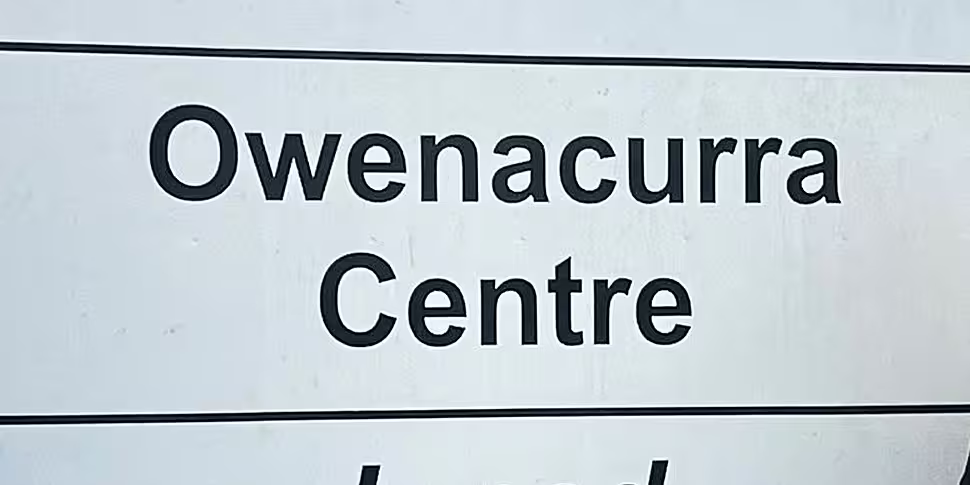There were turbulent scenes at an Oireachtas Committee meeting yesterday when the issue of the closure of the Owenacurra Centre was raised.
The long-stay mental health facility in Midleton is due to close after the HSE said the building was no longer fit for residents.
Residents' families have raised fears that moving them out of the town will have a negative impact on their health and are calling for a new centre to be built on the current site.
The Chief Executive of the Mental Health Commission John Farrelly told the meeting that he would not be able to comment on the centre, as it could prejudice any "potential regulatory enforcement action" at the centre.
He also asked TD Neasa Hourigan where she thought she was when asked about evidence of enforcement:
"We have to come along and give you a raucous committee that has a statutory footing and you have privilege when you sit in here, and it is very serious and what's happening to those people are very serious. So you can be flippant about it. It's important, but it's very serious. If you're going to come in here and say you're not going to talk about divorce, at least have the courtesy of explaining why."
Cork TD Holly Cairns told John Farrelly that the committe is charged with the implementation of the UN convention on the Rights of People with Disabilities when he said that members of the Mental Health Commission were not at the committee to discuss Owenacurra:
"Under that convention, people with disabilities have the right to live for one in their community, and for two to live independently, this very much and very clearly falls under the remit of this committee. There is weight in your words, we see you coming out strongly against other situations around accommodation. How do you stand over taking a back seat and not saying anything in relation to people being moved from own occur in toward base settings out of their community, so that they're your works? Okay. So weird. I'm not taking a backseat. My job is to make sure that we do our job without the mental health condition have a stance on that when they do on the other situations that are raised? When we're when we're taking potential enforcement action? We don't say that and then when we're when we're finished, we publish the report when we're able to speak we're able to speak."












